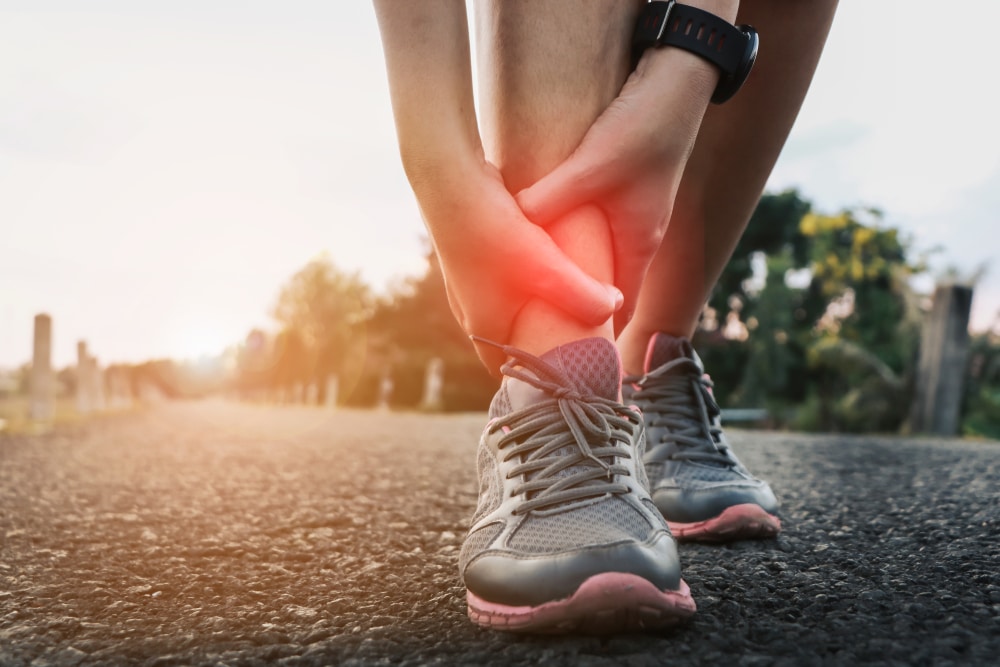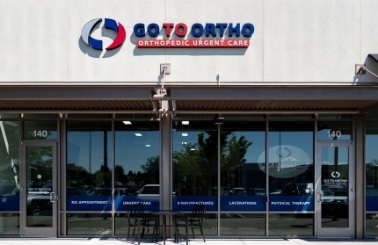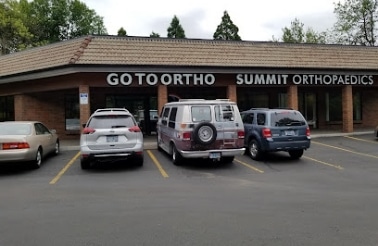When a person’s level of exercise intensity surpasses their body’s capacity for recovery, overtraining syndrome (OTS) sets in. Overtraining may also be defined as the inability to maintain a specific training load over an extended period of time, leading to decreased performance. Overtrained individuals may stop improving in their sport, experience a decline in strength and fitness, and be at an increased risk for exercise and sports-related injuries. Here’s how to recognize the signs.
How to Recognize Overtraining
Depending on your type of exercise or sport, your physical structure, and certain health and environmental factors, overtraining can manifest in a variety of ways, such as:
A Decline in Performance
You might reach lifting plateaus, be unable to run as quickly, or feel as though your typical exercise demands significantly more energy than usual.
Extended Soreness or Pain
Experiencing some soreness is a normal effect of engaging in strenuous exercise; however, acute or chronic pain is not. Treatment and recovery may be necessary if prolonged soreness or discomfort persists beyond a couple of days.
Mood Changes
Excessive training can have a major effect on the levels of stress hormones, such as cortisol and epinephrine. When you experience a hormonal imbalance due to stress, you may notice some symptoms of erratic behavior, heightened irritability, and impaired concentration.
Common Sports-Related Injuries From Overtraining
There are two main types of sports-related injuries:
- Acute injuries – those that occur unexpectedly
- Chronic injuries – those that develop progressively over time as a result of overuse or overtraining
Acute injuries include but are not limited to the following:
- Bone fractures
- Dislocation
- Sprains or strains
- Tendinitis
- Bursitis
Chronic sports-related injuries include but are not limited to the following:
- Shoulder injuries (rotator cuff injury, impingement)
- Elbow injuries (tennis elbow, golfer’s elbow, little league elbow)
- Knee injuries (runner’s knee, fractures, torn ligaments)
- Leg injuries (hamstring strain, shin splints, groin pull)
- Ankle injuries (Achilles tendinitis, ankle sprains)
Urgent Treatment for Sports-Related Injuries in Beaverton, OR
A healthy fitness regimen should include cardiovascular exercise, strength training, flexibility, and periods of recovery. Performing only one type of exercise for too long or not allowing your body to rest properly can put your health and safety at risk.
If you are experiencing symptoms of any sports-related injuries in Beaverton, OR, immediate help is available at Go To Ortho. As the first of its kind in the Portland area, Go To Ortho is a specialized orthopedic urgent care clinic focused on the expedited treatment of a variety of musculoskeletal injuries.
To learn more about our practice or to begin your patient registration, contact us today at (503) 828-1686.




